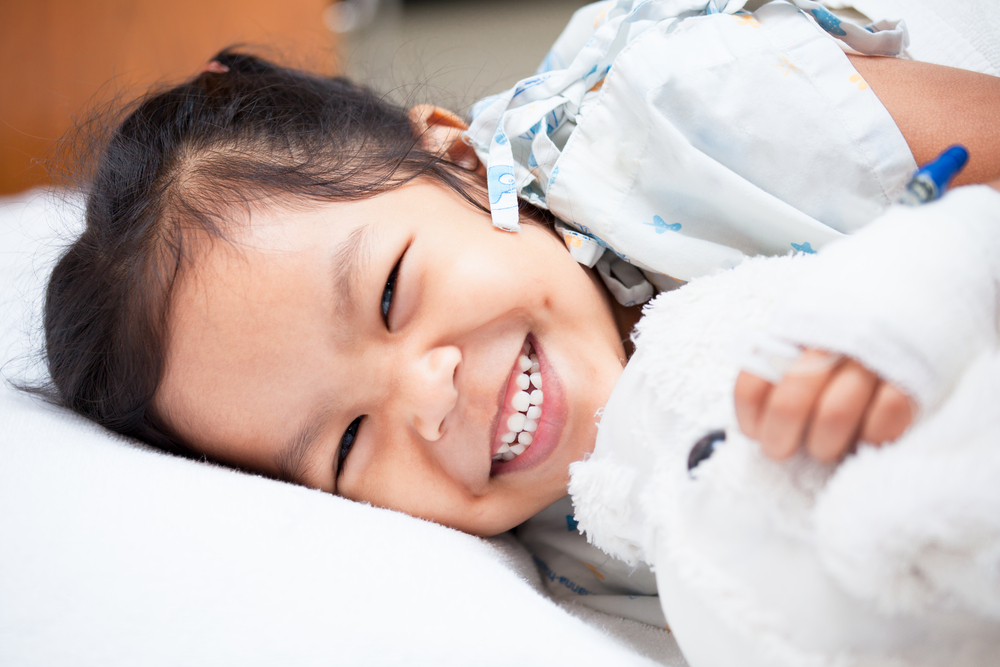Pregnant women's attitudes towards receiving the respiratory syncytial virus (RSV) vaccine to protect their newborn babies will be explored under a new study.
The RSVChoice Study by Murdoch Children's Research Institute (MCRI) has been awarded an up to $685,000 State Government grant, announced by Minister Danny Pearson, to investigate the impact of RSV infections in pregnancy and increase community understanding around maternal vaccination. The funding will be shared with and complement MCRI's current research into the health outcomes of mothers and their babies, the GenV Maternal Vaccine study, linked to COVID-19 vaccination during pregnancy.
RSV is a common, highly contagious virus that infects up to 90 per cent of children within the first two years of life. It's the most common cause of hospital presentations in babies, eight times higher than influenza, because it often progresses to pneumonia or bronchiolitis in very young children.
Vaccination in pregnancy significantly reduces the risk of severe RSV illness in infants, with studies showing a reduction of about 70 per cent. The maternal RSV vaccine is safe for both the mother and baby and is recommended as a single dose during 32-36 weeks gestation.
MCRI Professor Margie Danchin said the study would explore the barriers surrounding the uptake of the RSV vaccine in pregnant women with the aim to boost trust and increase uptake.
The study will also use data from GenV, one of the world's largest cohort studies, which is collecting data to map the health of participants in Victoria from birth to old age.

Image: Professor Margie Danchin
"Now that both an RSV vaccine in pregnancy and an immunisation given after birth to babies called nirsevimab are available in Australia, the project will help us to understand what factors impact parents' choice, including how well both immunisations work to prevent their baby from getting sick as well as safety and cost," Professor Danchin said.
"It will also provide feedback on parents' information needs about RSV infection and their preferences for these new therapeutics to better inform campaigns and approaches to improve acceptance, uptake and protection.
"The unique insights of GenV will help the study team gain better insights into the full benefits and safety of COVID-19, whooping cough and flu vaccines given in pregnancy, including allergic and developmental outcomes for babies."
Under the Federal Government's National Immunisation Program, the maternal RSV vaccine is now available for free to all pregnant women in Australia.
The State Government is also delivering a free catch-up program to protect about 40,000 babies born this RSV season. Infants aged two years and under are eligible if their mother wasn't vaccinated during pregnancy.







